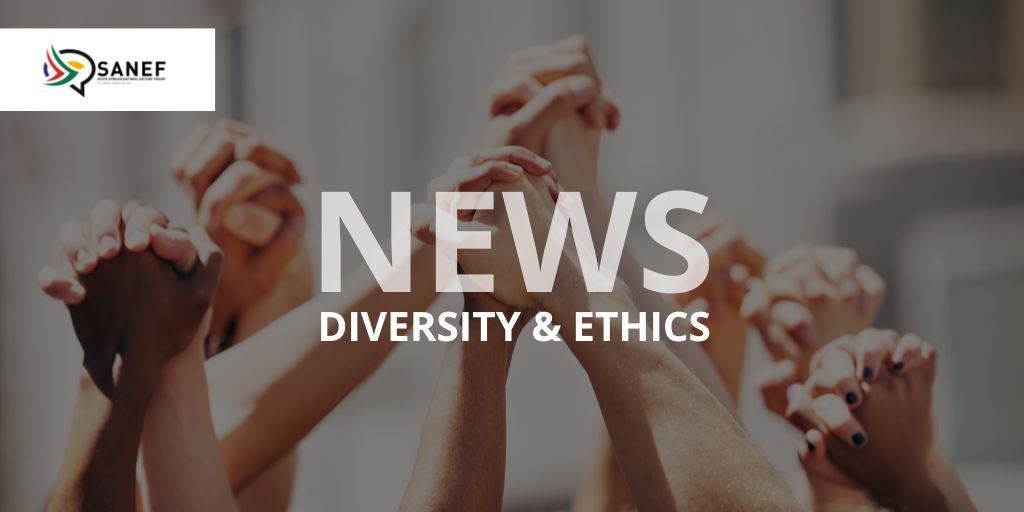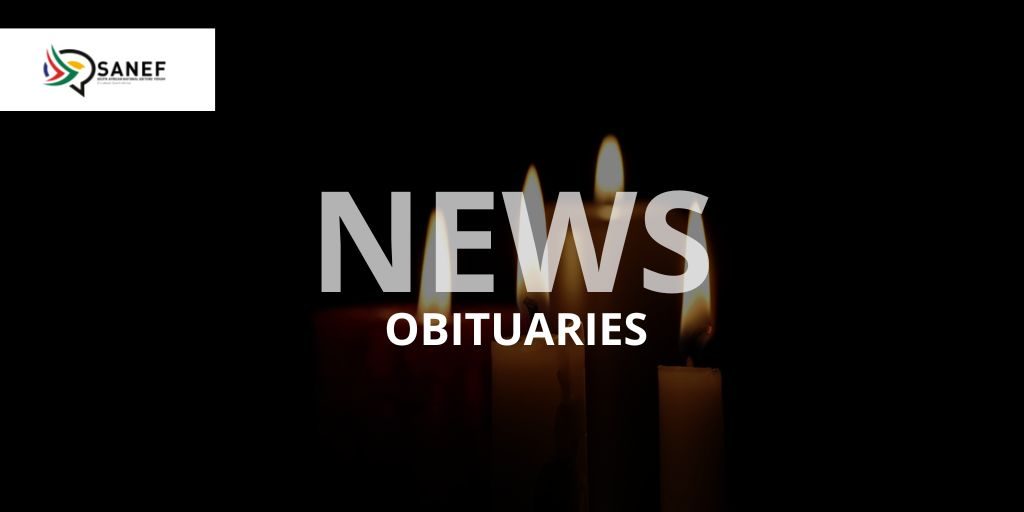Terms of Reference for Media Ethics and Credibility Inquiry
SANEF MEDIA ETHICS AND CREDIBILITY INQUIRY
Background
- The South African National Editor’s Forum (SANEF) is a body representing the editors and senior journalists of newspapers, online and broadcasting platforms in the Republic of South Africa – and senior educators and trainers in media training and academic institutions. We champion media freedom and the safety of journalists and we fight for media diversity and the highest standards of ethics and quality in the media.
- SANEF notes that there have recently been allegations of ethical breaches in journalistic practice including of state and corporate capture of journalists. Such allegations have grave consequences for the role of the media in advancing democracy in the Republic of South Africa as well as the future of this Constitutional democracy itself.
- SANEF has been called upon by its members, media industry owners, journalists and members of the public to institute an inquiry to determine the veracity and extent of such allegations and the implications thereof for the position of the media generally and it’s task of strengthening the democratic project in South Africa.
Establishment of an Inquiry into Media Ethics and the Credibility of the Media
- SANEF hereby establishes an inquiry into those challenges confronting the media industry generally and journalists in particular which hinder the appropriate, honest, accountable and effective reporting necessary for advancing and strengthening Constitutional democracy in South Africa.
- The Inquiry shall be conducted by an independent panel consisting of senior journalists (retired from the industry) and chaired by a retired Judge of the High Court.
- The Panel shall comprise:
- Kathleen Satchwell (Chair) – Judge of the High Court of South Africa (retired)
- Nikiwe Bikitsha – senior journalist (retired from the industry)
- Rich Mkhondo – senior journalist (retired from the industry)
- The purpose of the Inquiry shall include:
- Investigation of allegations of ethical breaches on the part of the media industry in South Africa and those obstacles to accountable and credible media practice in a democratic environment.
- Consideration of the occasion, nature, identity, reasons and impetus for any such breaches as well as solutions to the current problems confronting professional and ethical journalist practice.
- The inquiry shall consult with and consider the function and actions of media companies and owners, political parties and national/provincial/ local government, corporate and small businesses, advertisers and sponsors, civil society/community organizations/non-governmental organizations/members of the public as well as editors and journalists and purveyors of online information.
- The Inquiry shall have regard to the content and implementation of relevant Codes of Professional Ethics and best practice, both nationally and internationally, in contributing to professional and ethical journalistic practice locally and abroad.
- SANEF does not seek to apportion blame or culpability on the part of individual journalists or media entities but seeks to strengthen adherence to ethical codes and practices within the media industry, enhance public confidence in the practice of journalism in this country and secure the role of accountable, trustworthy, informative media free from manipulation by partisan or secret interests in this developing democracy.
- The scope of this Inquiry shall encompass broadcast, print and online publications including commercial and community media. The Inquiry shall not duplicate the enquiry into political interference in the South African Broadcasting Corporation but may refer to and rely thereupon where necessary. SANEF notes however that the report is still outstanding.
The process of the Inquiry
- The Inquiry shall, in its discretion, consult with all interested parties and stakeholders including by means of written and oral submissions, private interviews, use of the SANEF website, and such other channels as are appropriate. All engagement shall be voluntary and shall, where requested, be conducted on a confidential basis.
- The Inquiry shall be supported by SANEF, its members and infrastructure which shall provide such assistance as may be required.
The Report
- The Panel shall prepare draft(s) and a final report with its findings and recommendations to address the SANEF concerns of the media industry. The report shall be delivered on or before the 30 April 2020 subject to such extensions as to time as may be required.
SANEF Conference on Journalistic Professionalism and Ethical Practice within the Media Industry
- SANEF intends convening a conference of all media practitioners, stakeholders and interested parties during 2020.
- The purpose of the SANEF Conference shall be to discuss and debate:
- The state of the South African democracy and the difficulties and challenges confronting implementation of the promise of the South African Constitution.
- The role of the media – print, broadcasting and online – in strengthening the South African democracy.
- The challenges to appropriate, responsible, reliable, accurate, accountable, credible fulfilment of the functions of the media industry generally and in South Africa in particular.
- The Report of the SANEF Inquiry and any recommendations contained therein.
- Adoption of an action plan for the continued strengthening of the functioning of the media industry with focus on enhancement of professional and industry best practice, strengthened implementation of ethical codes and protection from manipulation by partisan interests.




